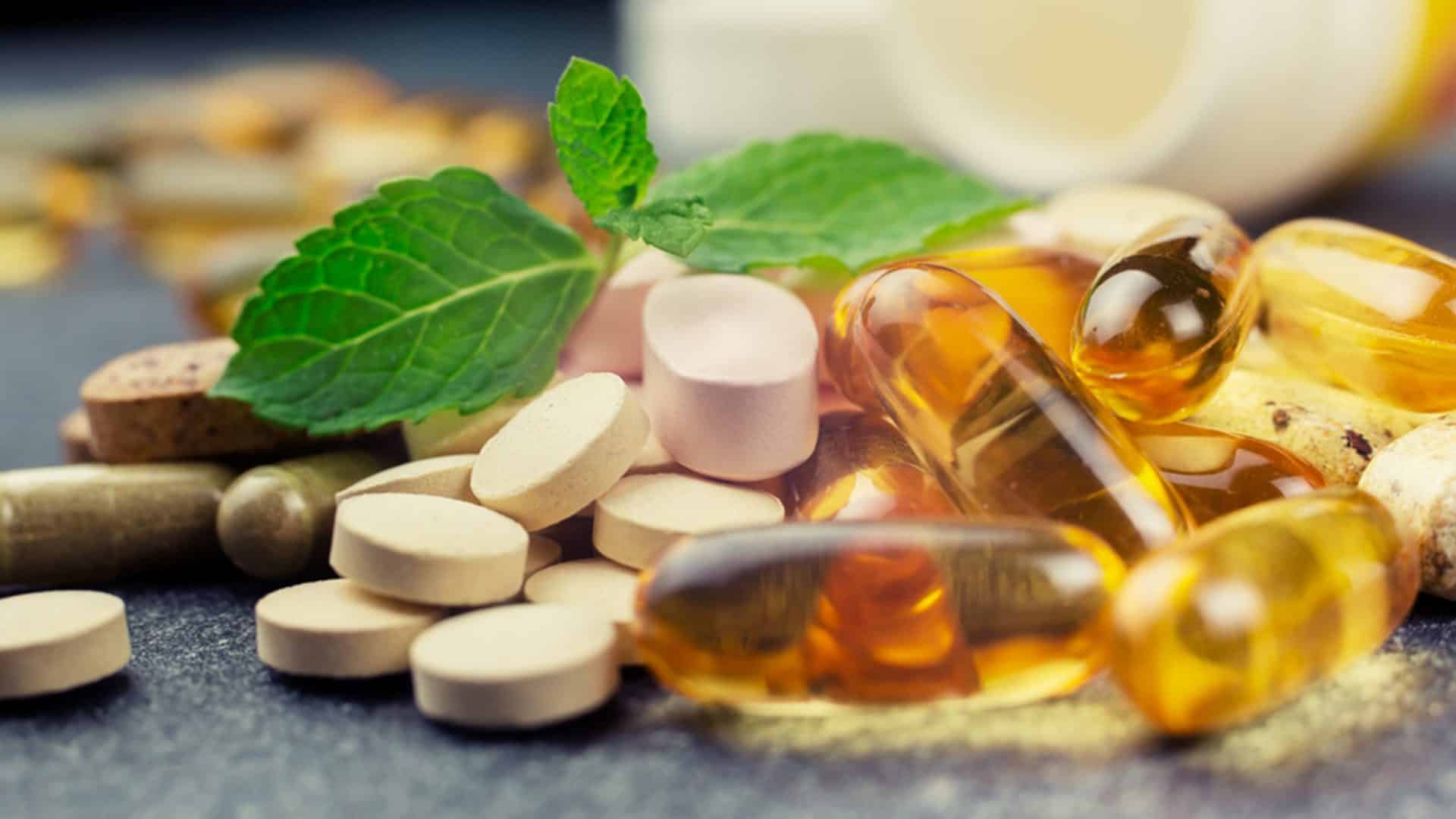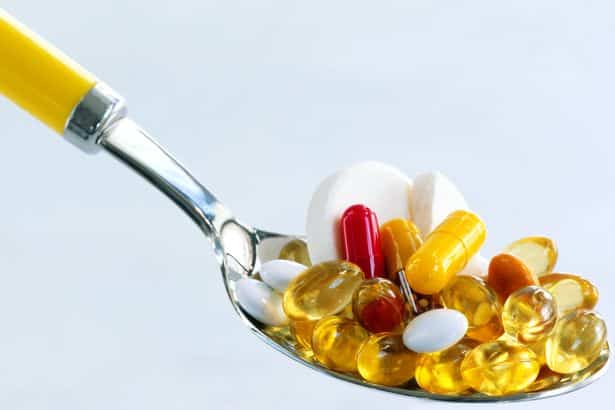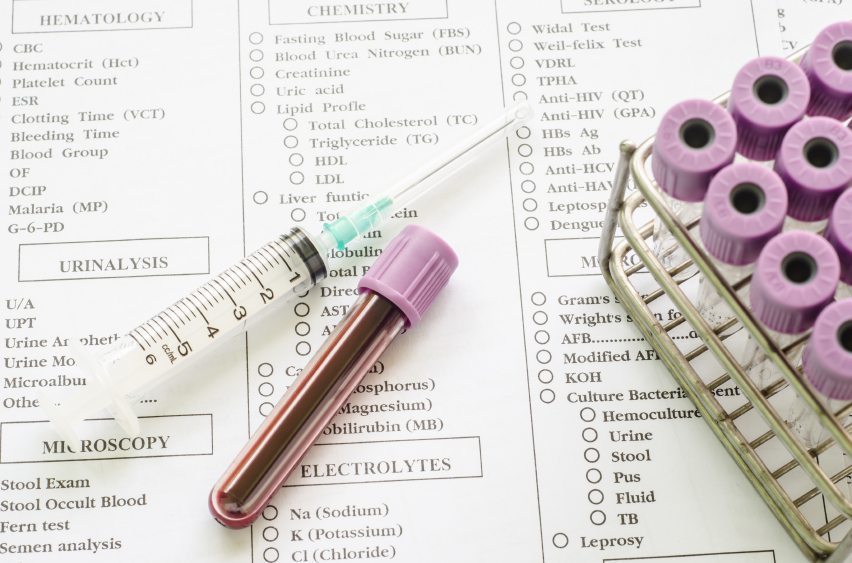Vitamin Supplements Could be Messing with your Medical Tests- FDA
“Biotin in blood or other samples taken from patients who are ingesting high levels of biotin in dietary supplements can cause clinically significant incorrect lab test results,” the agency has now warned in its recent statement. “The FDA has seen an increase in the number of reported adverse events, including one death, related to biotin interference with lab tests.”
Biotin, sometimes also known as vitamin H, is a B complex vitamin found commonly in multivitamins (especially those for women), supplements for hair, skin, and nail growth, and prenatal vitamins. The issue is that those products can contain biotin levels up to 650 times higher than the recommended daily intake.
Biotin in patient samples can cause falsely high or falsely low results, depending on the test. Incorrect test results may lead to inappropriate patient management or misdiagnosis. For example, a falsely low result for troponin, a clinically importa
nt biomarker to aid in the diagnosis of heart attacks, may lead to a missed diagnosis and potentially serious clinical implications. The FDA has received a report that one patient taking high levels of biotin died following falsely low troponin test results when a troponin test known to have biotin interference was used.The agency has released new recommendations for doctors, lab personnel, and consumers. It urges consumers to talk to their doctor about supplements they may be taking, and be aware that some supplements may have high levels of biotin even if those levels are not clearly labeled.
Medically, most of us don’t need to take extra biotin. It’s exceedingly rare to actually have a deficiency of the vitamin because we seem to only need trace amounts of it. There are no official recommendations from the FDA for how much we need daily. Anywhere between 30 and 100 micrograms a day is sufficient for most adults, according to the Mayo Clinic, an attainable amount by eating foods like eggs, nuts, bananas, mushrooms, and cauliflower. People who need to take extra biotin usually have a genetic disorder, or have had their stomachs or small intestines removed for medical reasons (some bacteria in the gut microbiome can make the vitamin).
Some supplements on the market contain 650 times the 100 micrograms we should be getting. This isn’t necessarily dangerous—vitamin B7 dissolves in water and excess biotin is simply excreted through urine. But it does mean that it’s important to tell your healthcare provider if you are taking any kind of over-the-counter vitamin, given the FDA’s warning.
The FDA is working with stakeholders to better understand biotin interference with laboratory tests, and to develop additional future recommendations for safe testing in patients who have taken high levels of biotin when using laboratory tests that use biotin technology.
































